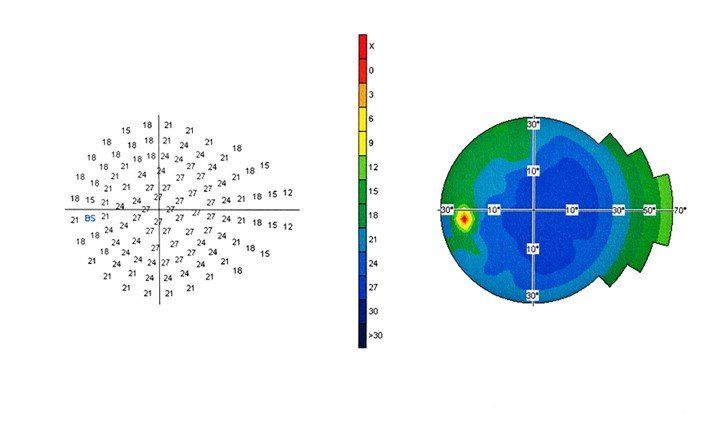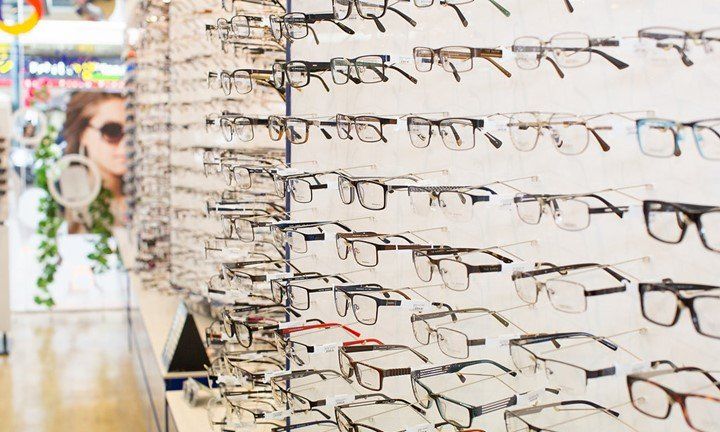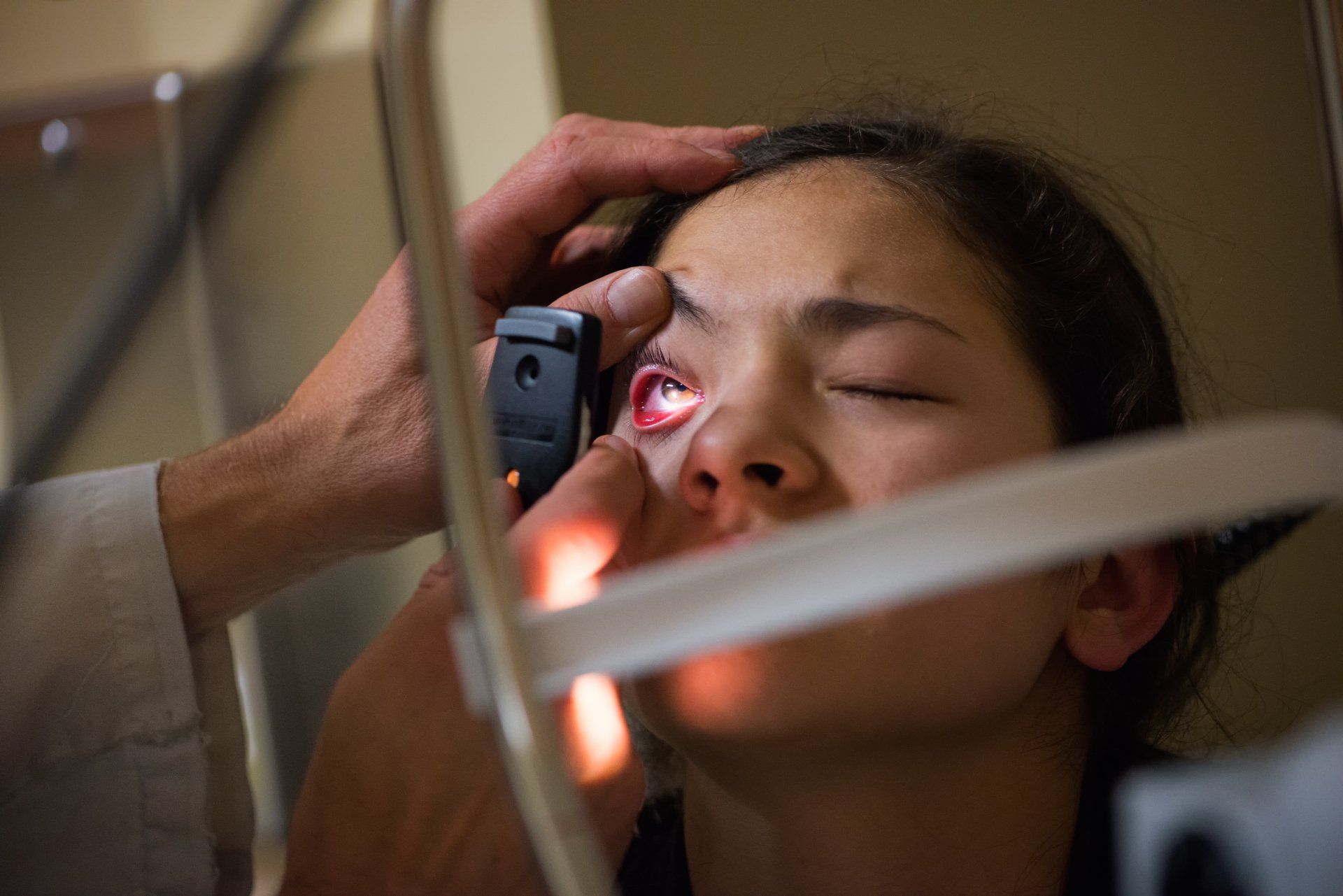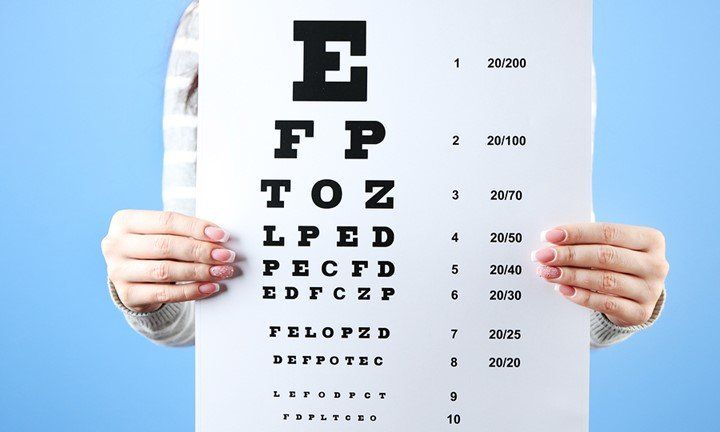Six Ways To See If Your Child Needs an Eye Examination
Recognising that your little human has a vision problem can be a challenge...
This is because issues can develop at such an early age that your child may be too young to verbalise their concerns. Some go on to become so accustomed to their compromised sight, simply unaware that a whole world of clear vision awaits their exploration. Whatever the case might be, early intervention is always best.
So what do I look out for?
There are several non verbal cues to keep your eye out for (pun intended!) and with a little patience and careful observation you could uncover a potential problem before it becomes a more serious issue in the future.
1,2,3 LOOK AT ME!
Take the time to study your child's habits closely over a week or two and ask their teacher or caregiver to do the same. As you observe their day to day activities keep in mind the following points... Does your child frequently:
- Rub his/her eyes causing them to look blood shot or watery?
- Blink, squint or frown a lot when trying to read or focus?
- Complain of headaches and unexplained dizziness?
- Hold books close to their face or at a distance in order to read them?
- Tilt or turn their head to the side when looking at something, possibly favouring one eye over the other?
- Skip words or easily lose their place sometimes missing entire sentences?
Answering yes to one or more of these common symptoms is a good indication that there may be a visual impairment that needs to be addressed and the faster the better. Early detection is key to giving your little one the best possible chance to reach their full social, physical and academic potential.
Forget expensive tutoring...
Quite often a child with a vision based learning difficulty will still have excellent verbal skills, causing educators to accuse them of laziness, being a slow learner or blaming it on other health issues like ADHD.
This is understandable as kids with poor vision may find it hard to focus both on a physical and mental level. They are usually the students caught copying off their neighbours page purely because they can't see what's written in the board. They can be shy and hard to engage, not wanting to make eye contact with others. Or on the flip side - display disruptive and easily distracted behaviour, usually out of boredom. They are often told they don't "apply themselves", possibly avoiding class participation by refusing to read aloud or even participate in school sports due to a fear of tripping or not seeing a ball flying at them. It's true, all of this can stem just from poor eyesight!
So what's the next step?
Optometry Australia recommends that "children have a full eye examination with an Optometrist before starting school and regularly as they progress through primary and secondary school". This is because early interventions can successfully correct minor vision disorders if they are put into place while your children's eyes are still developing (before approx 8years of age). Eye examinations are quick and relatively easy even for tiny tots so don't put it off. Even if you don't note any of the above red flag symptoms you should still take the time to make an appointment. You may get the all clear but if your Optometrist does detect anything that needs further investigation, they will refer you onto another specialist healthcare professional.
Make the move today...
With 1 in 5 Australian children suffering from an undetected vision problem or requiring ongoing assessment, it is vital that we take the eye health of our young ones seriously. Remember we only have one set of eyes for life - be sure to look after them and make an appointment as soon as possible. Your child will thank you for it.








